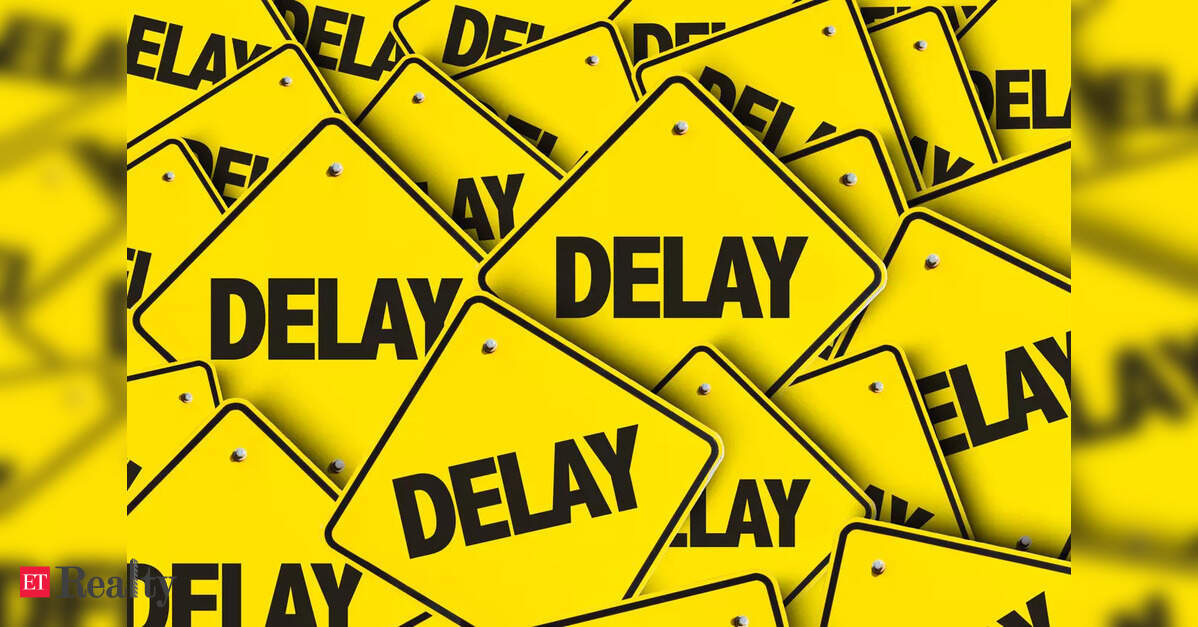
The Karnataka state cabinet recently decided to impose a 1% fire cess on new multi-storey buildings in Bengaluru and other parts of the state. Builders believe this move will have a minimal effect on their investments, yet may lead to increased property prices.
The cabinet’s decision amends the Fire Force Act of 1964 to include this new levy alongside property taxes for new high-rise structures. The government stated that the funds generated will enhance the operational capacity of the fire services.
However, real estate developers in Bengaluru express concerns that this additional tax will exacerbate existing financial burdens stemming from rising construction costs and various taxes. Builders are expected to transfer this new charge to homebuyers, further driving up property prices. Stakeholders in the industry fear that continuous cost increases could dampen demand and adversely affect both ongoing and future projects.
A prominent real estate firm’s chairman, who requested anonymity, criticized the state’s decision, pointing out, “After raising fares for metro and bus services, along with milk prices, this 1% cess on high-rises such as apartments, schools, hospitals, and offices adds to the financial strain on taxpayers. Rather than addressing mismanagement or corruption, they are imposing higher costs on honest citizens.”
The fire cess is intended to generate funds for improving fire safety infrastructure and emergency response capabilities in Karnataka’s rapidly developing urban areas, particularly in Bengaluru.
While the intent is rooted in public safety, developers are raising concerns about the timing and the potential financial strain of the new levy.
“The fire cess is viewed as another setback for developers, especially concerning large-scale projects. Without subsidies to counterbalance this added financial burden, the costs may inevitably fall on consumers, further escalating property prices in a market already facing affordability challenges,” stated the managing director of a major real estate development company, also speaking anonymously.
There’s ambiguity around how the government will implement the cess. Will it operate similarly to the construction workers’ welfare cess or be included like the solid waste management charge in property tax?
Industry estimates suggest that a 1% cess on property tax could incur costs of around ₹1 crore for a 1-million sq ft residential project. The cess is expected to be applied to new constructions and linked to licensing processes, with the possibility of rate revisions by the state over time.
With developers facing pressure to uphold profit margins and comply with regulations, many are concerned this could disrupt ongoing projects, delay new launches, and dampen buyer sentiment. They are advocating for more transparent guidelines, phased implementation, and clarity regarding the use of funds to ensure the policy improves safety without hindering growth.




